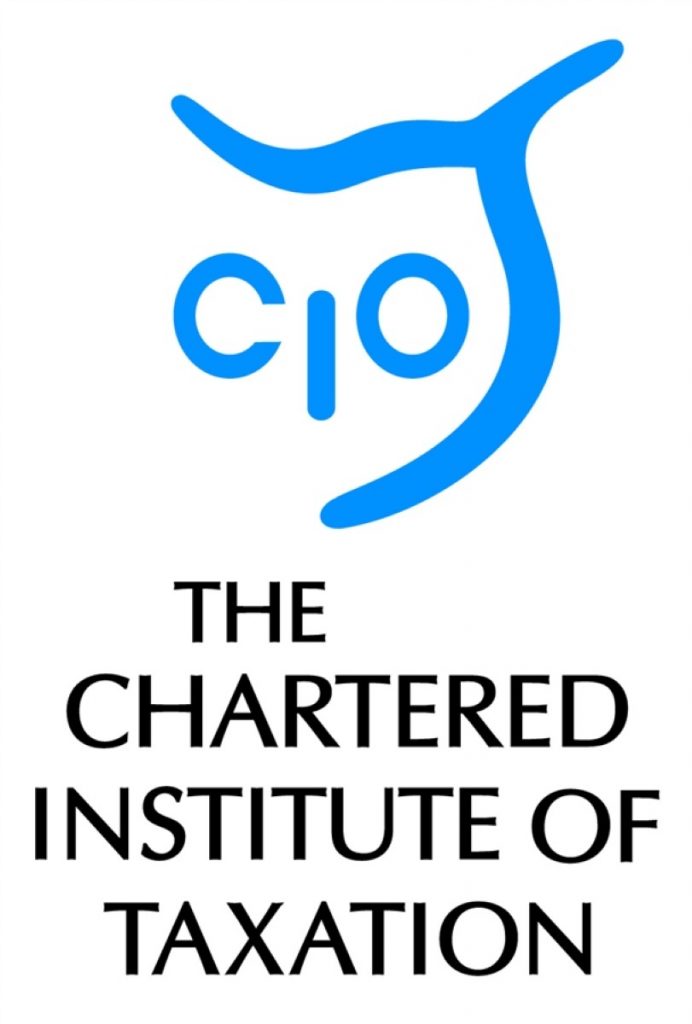Tax Tribunal finds HMRC’s VAT online filing requirement discriminatory
Three appellants supported by the Low Incomes Tax Reform Group (LITRG) have won their appeal against HMRC’s requirement that they file their VAT returns online.
All three appellants ran their own small businesses. Two of the appellants experienced disabilities which made it excessively difficult or impossible for them to use a computer, and a third lived in a remote area of the country where broadband access was absent or unreliable. All three were of an age which made learning how to use a computer particularly difficult and they would have had to incur the cost of instructing an agent. They had all filed their VAT returns promptly and accurately on paper for many years.
In a ground-breaking decision, the judge held that the regulations which required online filing of VAT returns without providing exemptions for older people, those with disabilities or who lived in parts of the country which were too remote for broadband access, were in breach of the appellants’ human rights and were unlawful under the EU law.
The appeals were heard in the First-tier Tribunal, Tax Chamber, with Judge Barbara Mosedale presiding. The appellants themselves were represented by Miss Anne Redston of Counsel instructed by Mr Nigel Eastaway, then of BDO and now of MacIntyre Hudson.
Anthony Thomas, Chairman of the LITRG, said:
“This case shows that HMRC must consider the needs of taxpayers when making regulations about complying with VAT and other tax requirements. They cannot just act in isolation without regard for the human rights of taxpayers and to other provisions of the general law of the land. When making policy and promulgating regulations HMRC, like all other public authorities, must obey the rule of law. We now know that digital mandation is a policy that contravenes the rule of law when it fails to make provision for the needs of older or disabled people or those who cannot access broadband easily because of where they live.
“LITRG are pleased to have played our part in establishing this principle, and we and the appellants place on record our appreciation of the very significant work of BDO, Nigel Eastaway and Anne Redston, and the very careful and thorough examination of all the legal issues by the judge.”
There are many other implications of the decision which the LITRG together with appellants’ legal advisers must take time to consider.
Anthony Thomas added: “Any assistance HMRC offer to taxpayers in complying with their obligations must be responsive to the diverse needs of the people it is supposed to help. We remain willing to work with HMRC to ensure that those who cannot use online channels for reasons of disability, age and so forth are treated appropriately and in accordance with the law. This must involve giving them alternative means of complying with their tax obligations – including paper filing – that are workable and meet their particular needs.”
Notes to editors
1. The Low Incomes Tax Reform Group (LITRG) is an initiative of the Chartered Institute of Taxation (CIOT) to give a voice to the unrepresented. Since 1998 LITRG has been working to improve the policy and processes of the tax, tax credits and associated welfare systems for the benefit of those on low incomes. Everything we do is aimed at improving the tax and benefits experience of low income workers, pensioners, migrants, students, disabled people and carers.
LITRG works extensively with HM Revenue &Customs and other government departments, commenting on proposals and putting forward our own ideas for improving the system. Too often the tax and related welfare laws and administrative systems are not designed with the low-income user in mind and this often makes life difficult for those we try to help.
2. The Chartered Institute of Taxation (CIOT) is the leading professional body in the United Kingdom concerned solely with taxation. The CIOT is an educational charity, promoting education and study of the administration and practice of taxation. One of our key aims is to work for a better, more efficient, tax system for all affected by it – taxpayers, their advisers and the authorities. The CIOT’s work covers all aspects of taxation, including direct and indirect taxes and duties. Through our Low Incomes Tax Reform Group (LITRG), the CIOT has a particular focus on improving the tax system, including tax credits and benefits, for the unrepresented taxpayer.
The CIOT draws on our members’ experience in private practice, commerce and industry, government and academia to improve tax administration and propose and explain how tax policy objectives can most effectively be achieved. We also link to, and draw on, similar leading professional tax bodies in other countries. The CIOT’s comments and recommendations on tax issues are made in line with our charitable objectives: we are politically neutral in our work.
The CIOT’s 17,000 members have the practising title of ‘Chartered Tax Adviser’ and the designatory letters ‘CTA’, to represent the leading tax qualification.
James Knell
External Relations Officer
D: +44 (0)20 7340 2702
Low Incomes Tax Reform Group – an initiative of the Chartered Institute of Taxation
www.litrg.org.uk
1st Floor, Artillery House, 11-19 Artillery Row, London SW1P 1RT
Chartered Institute of Taxation
Registered charity number 1037771
www.tax.org.uk





-01.png)